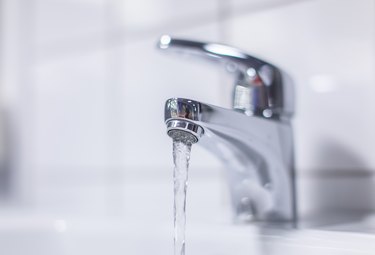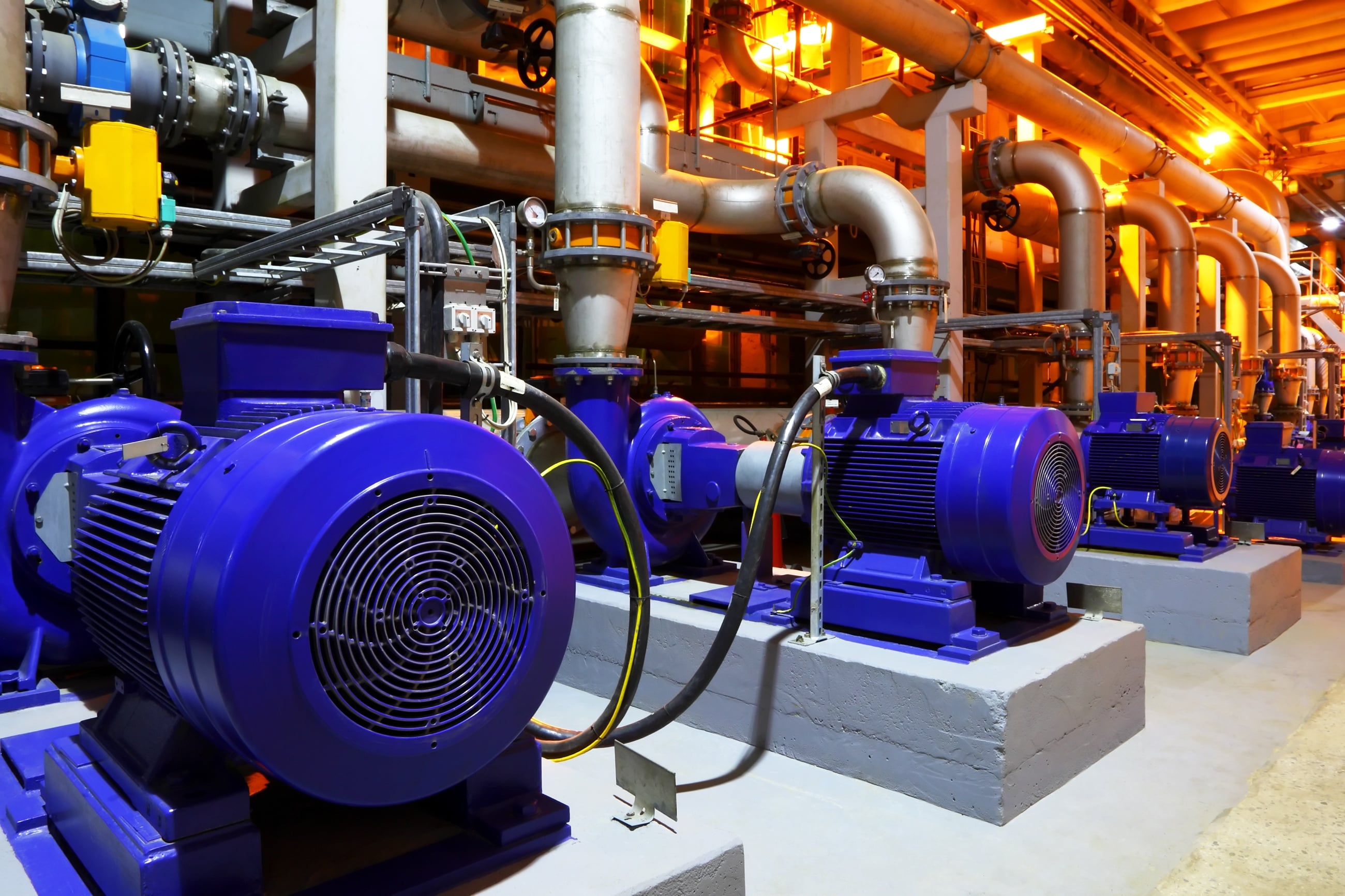Almost everyone has got their own individual opinion about 10 Reasons for Low Water Pressure in Your House.

Low tide pressure in your home can be a discouraging problem, impacting every little thing from bathing to washing recipes. If you're experiencing weak water flow, there are several feasible causes and remedies to explore. In this guide, we'll discuss typical reasons for low tide stress and useful actions to resolve the concern properly.
Introduction to Low Water Stress
Low water pressure happens when the circulation of water from your faucets, showers, and various other fixtures is weak than usual. This can make day-to-day tasks much more tough and less reliable. Recognizing the sources of low water stress is important to discovering the ideal service.
Usual Reasons For Low Water Pressure
Pipeline Obstructions
Over time, pipes can become obstructed with natural resource, sediment, or debris, restricting the circulation of water. This is an usual problem in older homes with galvanized steel pipes.
Rust
Rust within pipelines can cause leaks and minimized water stress. Corrosion build-up can constrict water flow, particularly in maturing plumbing systems.
Faulty Stress Regulators
Stress regulatory authorities are in charge of maintaining constant water pressure in your house. If they malfunction, it can result in low water pressure or uneven circulation throughout the house.
Local Water Issues
Sometimes, the issue lies outside your home. Metropolitan water supply concerns, such as main line leakages or maintenance work, can temporarily decrease water pressure in your area.
Just How to Diagnose Low Tide Pressure
Inspecting Taps and Components
Start by testing the water stress at different taps and fixtures throughout your home. If the problem is separated to details locations, it may show localized troubles.
Examining Pipelines
Check visible pipelines for indicators of leakages, deterioration, or clogs. Pay attention to any kind of unusual audios, such as banging or rattling pipes, which can indicate concerns within the plumbing system.
Consulting with a Plumber
If you're incapable to pinpoint the source of low water pressure, take into consideration employing an expert plumber to conduct a thorough inspection. They can identify underlying issues and advise appropriate solutions.
Do It Yourself Solutions to Deal With Low Water Pressure
Cleaning Aerators and Showerheads
Natural resources can accumulate in aerators and showerheads, minimizing water flow. Get rid of and cleanse these components routinely to enhance water stress.
Flushing Hot Water Heater
Debris build-up in the hot water heater can restrict flow and lower efficiency. Flushing the tank regularly helps get rid of debris and keep optimal performance.
Checking Pressure Regulator
Guarantee that the stress regulatory authority is working properly. Changing or replacing the regulatory authority can help restore proper water pressure throughout your home.
Cleaning Clogs in Water Lines
For small clogs, attempt making use of a plumbing serpent or chemical drain cleaner to clear blockages in pipelines. Be cautious when making use of chemicals and follow safety and security standards.
When to Call a Professional Plumber
If do it yourself initiatives fail to deal with the issue or if you presume considerable plumbing problems, it's finest to seek assistance from an accredited plumber. They have the competence and devices to address intricate problems securely and effectively.
Safety Nets to Maintain Water Stress
Normal Maintenance
Set up routine upkeep for your plumbing system to stop concerns such as corrosion, leakages, and blockages. Attending to minor issues early can assist stay clear of even more significant fixings later.
Mounting a Stress Booster
Take into consideration installing a pressure booster pump to boost water stress in areas with continually reduced flow. This can be especially beneficial for multi-story homes or homes with high-demand components.
Tracking Water Use
Be mindful of water usage routines and stay clear of ill-using the plumbing system. Straightforward changes, such as shocking showers and laundry loads, can help preserve adequate water stress.
Final thought
Taking care of low water stress can be discouraging, yet determining the underlying reasons and applying proper remedies can restore optimal flow throughout your home. Whether it's cleaning aerators, inspecting pipelines, or seeking advice from a plumber, taking aggressive actions can ensure a consistent supply of water for your daily needs.
HOW TO FIX LOW WATER PRESSURE IN YOUR HOUSE (EXPERT GUIDE)
The morning shower lacking any real pressure? Bathtub taking hours to fill? Or maybe you’re dissatisfied with the inadequate performance from your combi boiler?
Then you, like millions of others across the UK, might be experiencing low water pressure.
Fortunately, the good news is that you don’t have to continue living this way. The cause of low water pressure in the home is often quite simple, and you may not even require a plumber to fix the problem.
What causes low water pressure in the house?
If you are experiencing issues with water pressure throughout your home, then you may have one of the problems outlined below.
Most of these problems can be fixed quite easily, but for others, you may need to contact a plumber.
Obstructed Shutoff Valve
If you’ve just bought a new home or recently had building work conducted on your property, there is a chance that your water valves were not fully opened.
If the water valve is partially closed, then you may be restricting the amount of water entering your home. To fix this, simply ensure the valve is fully open.
If the valve appears fully open but you are still encountering reduced water pressure, then the valve may be broken. If this is the case, do not under any circumstances try to fix it without proper training.
Often found under your kitchen sink, a water valve will usually look like a bright yellow handle.
Again, if you believe the water valve is broken, contact a plumber immediately.
Leaks in Your Water Pipes
Leaks are the worst-case scenario when it comes to low water pressure.
If the water pipes are damaged, then this will cause low water pressure, as not all the water will make it to your taps.
After you’ve checked to see if the valve is fully open, you can conduct a leak check of your home. Now, this may seem scary, but it is actually quite simple.
Clogged Water Pipes
Clogged water pipes are one of the most common causes of low water pressure.
These clogs usually build-up when your home is supplied water via iron pipes. Iron is particularly vulnerable to rusting which can then break off and cause an obstruction within your system. You also face the problem of things like dirt, gravel or sand entering creating mineral deposits which further block water flowing from the mains water supply.
Unfortunately, if you suspect that clogged pipes may be restricting your water supply, then you will need to contact a plumber.
In this situation, you will either need to have your pipes removed and cleaned or in more severe cases, you could require a new set of water pipes.
Designer Taps
Designer taps look fantastic, but are they built to be efficient in your plumbing system? Modern taps are built for modern homes and they often have lower flow rates that are specifically designed for use within high-pressure systems.
Install a Water Pressure Booster Pump
If the issue is simply that the mains water pressure supply is too low, the simplest fix is to invest in a booster pump. Found in homes of all shapes and sizes, booster pumps are a relatively cheap option to add extra pressure to your home.
Designed to increase water pressure by passing water into the pump from your mains supply and then ejecting it into your home water system at a higher pressure, a booster pump is a truly simple and effective solution to increasing water pressure.
https://www.anchorpumps.com/blog/the-plumbers-guide-to-fixing-low-water-pressure/

HOW TO FIX LOW WATER PRESSURE IN YOUR HOUSE (EXPERT GUIDE)
The morning shower lacking any real pressure? Bathtub taking hours to fill? Or maybe you’re dissatisfied with the inadequate performance from your combi boiler?
Then you, like millions of others across the UK, might be experiencing low water pressure.
Fortunately, the good news is that you don’t have to continue living this way. The cause of low water pressure in the home is often quite simple, and you may not even require a plumber to fix the problem.
What causes low water pressure in the house?
If you are experiencing issues with water pressure throughout your home, then you may have one of the problems outlined below.
Most of these problems can be fixed quite easily, but for others, you may need to contact a plumber.
Obstructed Shutoff Valve
If you’ve just bought a new home or recently had building work conducted on your property, there is a chance that your water valves were not fully opened.
If the water valve is partially closed, then you may be restricting the amount of water entering your home. To fix this, simply ensure the valve is fully open.
If the valve appears fully open but you are still encountering reduced water pressure, then the valve may be broken. If this is the case, do not under any circumstances try to fix it without proper training.
Often found under your kitchen sink, a water valve will usually look like a bright yellow handle.
Again, if you believe the water valve is broken, contact a plumber immediately.
Leaks in Your Water Pipes
Leaks are the worst-case scenario when it comes to low water pressure.
If the water pipes are damaged, then this will cause low water pressure, as not all the water will make it to your taps.
After you’ve checked to see if the valve is fully open, you can conduct a leak check of your home. Now, this may seem scary, but it is actually quite simple.
Clogged Water Pipes
Clogged water pipes are one of the most common causes of low water pressure.
These clogs usually build-up when your home is supplied water via iron pipes. Iron is particularly vulnerable to rusting which can then break off and cause an obstruction within your system. You also face the problem of things like dirt, gravel or sand entering creating mineral deposits which further block water flowing from the mains water supply.
Unfortunately, if you suspect that clogged pipes may be restricting your water supply, then you will need to contact a plumber.
In this situation, you will either need to have your pipes removed and cleaned or in more severe cases, you could require a new set of water pipes.
Designer Taps
Designer taps look fantastic, but are they built to be efficient in your plumbing system? Modern taps are built for modern homes and they often have lower flow rates that are specifically designed for use within high-pressure systems.
Install a Water Pressure Booster Pump
If the issue is simply that the mains water pressure supply is too low, the simplest fix is to invest in a booster pump. Found in homes of all shapes and sizes, booster pumps are a relatively cheap option to add extra pressure to your home.
Designed to increase water pressure by passing water into the pump from your mains supply and then ejecting it into your home water system at a higher pressure, a booster pump is a truly simple and effective solution to increasing water pressure.
https://www.anchorpumps.com/blog/the-plumbers-guide-to-fixing-low-water-pressure/
We are very occupied with 4 Ways to Troubleshoot Low Water Pressure and I hope you enjoyed the new piece. If you appreciated our post please be sure to pass it around. I praise you for being here. Kindly visit our blog back soon.
Hire A Pro